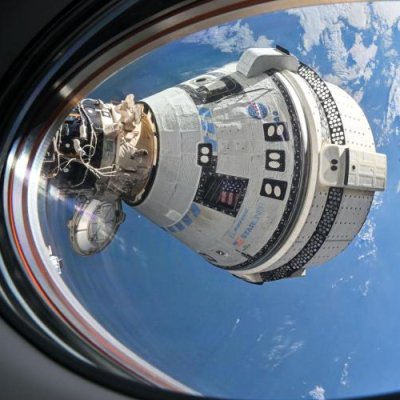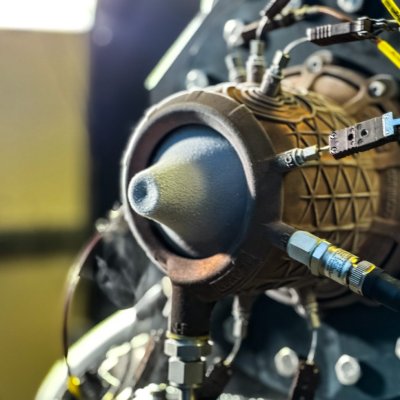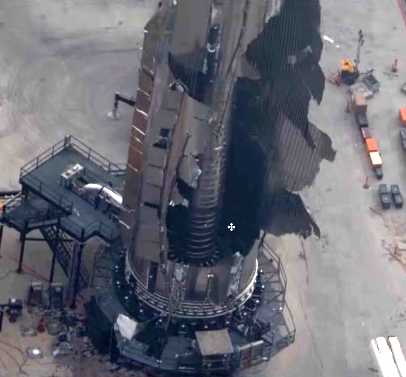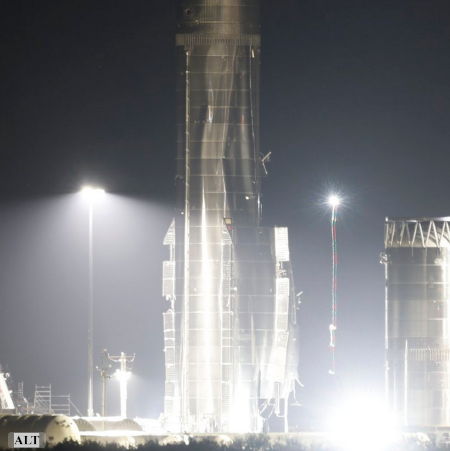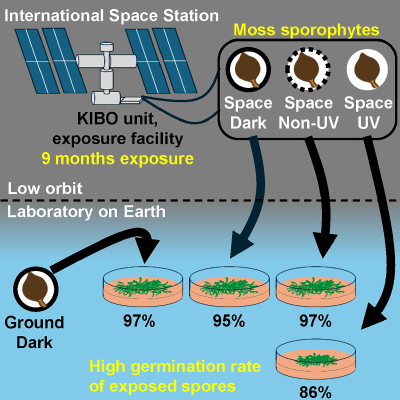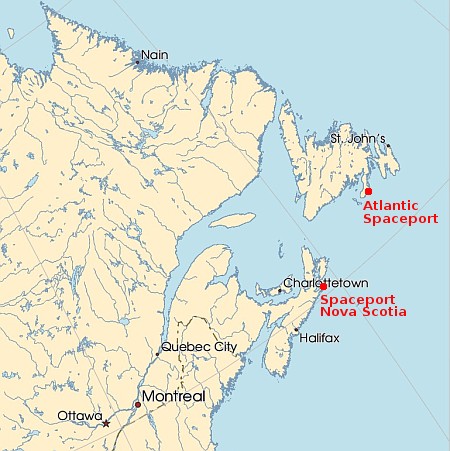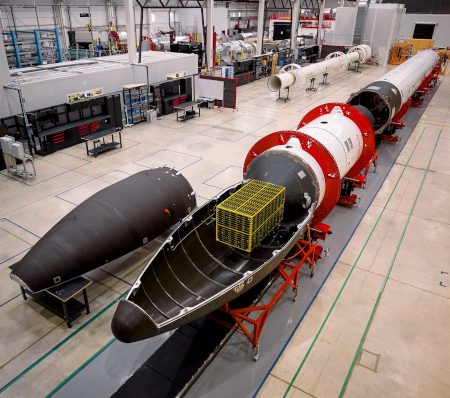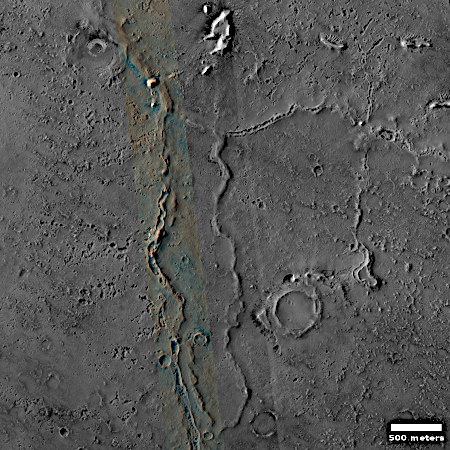A Midnight Repost: Farewell to America
I wrote the essay below the day before the November 2024 election, when it remained very uncertain whether it would be Donald Trump or Kamala Harris as our next president.
The essay itself did not get picked up at very many news aggregates. Nor did it garner as much traffic as would be expected, based on the aggregates that did pick it up. I believe the reason was the depressing title.
No matter, the point I made then still holds. The fundamental American culture — based on freedom, family, and the Judeo-Christian values of Western Civilization — that made this the most prosperous place ever created by humankind in its entire history no longer exists.
What will come remains unknown. We might see a resurgence of that culture, especially based on the public’s response following the murder of Charlie Kirk. Then again, we might not. As I said in the very first line of my history, Leaving Earth, societies change.
I repost this essay now, during Thanksgiving week, because I strongly believe it essential that we understand exactly where we stand, in order to make it possible for us to move forward, in the right direction. The essay is also another example of my never-ending and too often successful effort to look farther into the future than others. I think a year later this essay stands up quite well in this sense.
———————————–
Farewell to America

“Proclaim liberty throughout all the land unto all
the inhabitants thereof.” Photo credit: William Zhang
Despite my headline, this essay is not intended to be entirely pessimistic. Instead it is my effort to accept a reality that I think few people, including myself, have generally been able to process: The country we shall see after tomorrow’s election will not be the America as founded in 1776 and continued to prosper for the next quarter millennium.
The country can certainly be made great again. Elon Musk’s SpaceX proves it, time after time. The talent and creativity of free Americans is truly endless, and if Donald Trump wins it is very likely that energy will be unleashed again, in ways that no one can predict.
The country can certainly become free again. There is no law that prevents the elimination of bureaucracy and regulation, no matter how immortal government agencies appear to be. The fall of the Soviet Union in 1991 proves this. Though Russia has sadly retreated back to its top-down government-ruling ways, the country did wipe out almost all its bureaucracy in 1991, resulting in an exuberant restart that even today is nowhere near as oppressive as Soviet rule.
Should Donald Trump win, we should have every expectation that he will do the largest house-cleaning of the federal government ever. The benefits will be immeasurable, and magnificent.
What however will not change, even if Donald Trump wins resoundingly tomorrow, is the modern culture and political ethics that now exist. That modern culture is fundamentally different than the America that existed during the country’ s first 200 years, and it guarantees that America can never be the country it once was.
» Read more


